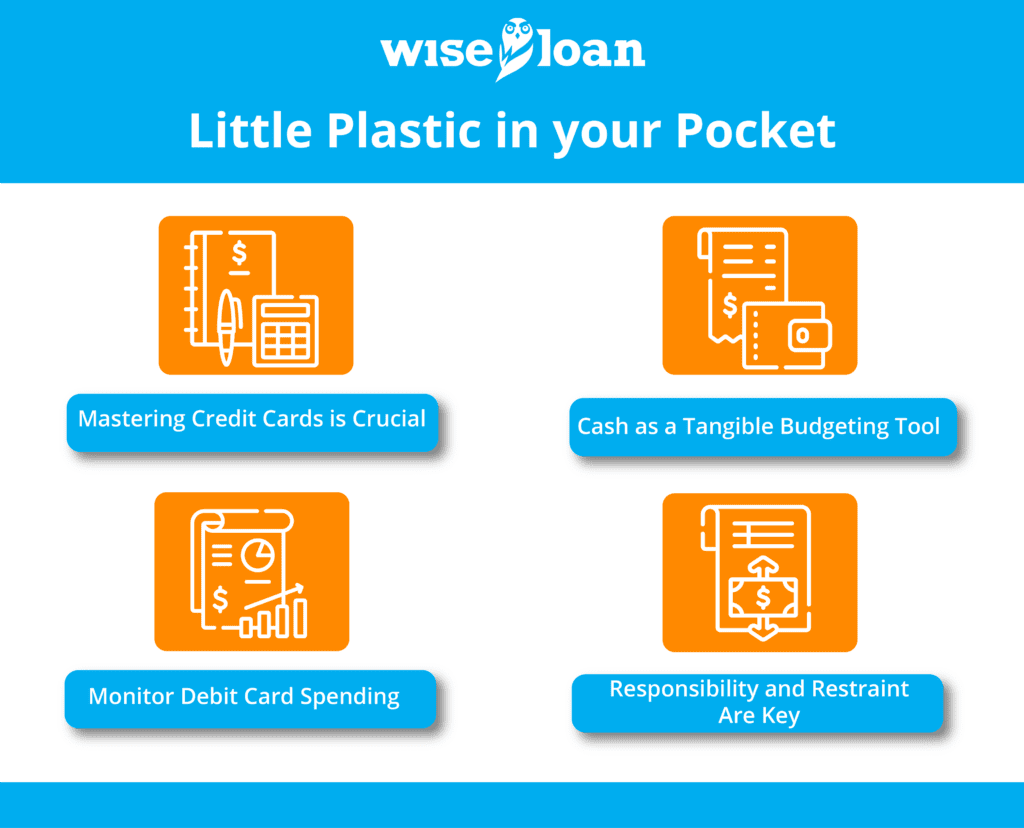Many individuals set financial objectives during their lifetimes, and it’s likely that nearly everyone has had a money-related goal at some point. These goals typically center around the concepts of saving and spending wisely, which are often easier said than done. Our wallets are often filled with plastic cards that can sometimes hinder our progress in achieving these goals.
Credit and Debit Cards
Credit and debit cards become essential tools for those who don’t carry cash regularly. After all, how else would you make payments? Contrary to some misconceptions, credit cards themselves aren’t inherently malevolent. Those who find themselves in debt might attribute their financial troubles to the irresponsible use of these plastic cards. It’s a matter of whether you master the credit card or let it dominate you. It’s crucial not to become reckless and start swiping indiscriminately. You can’t rely on everything falling into place for you to effortlessly pay off your debts. Nonetheless, credit cards can be a valuable tool for building a credit history. It’s advisable to thoroughly research different credit card providers and understand the fine print before applying.

Using Cash to Prevent Overspending
Debit cards are directly linked to your bank account and withdraw funds immediately upon purchase. Credit cards, on the other hand, require you to settle the bill at a later date. When using a debit card, it’s essential to be aware of your account balance to avoid awkward situations like getting declined at a store or incurring overdraft fees. Using a debit card is an effective strategy for preventing overspending, which is why it’s recommended during holiday seasons when purchasing gifts.
Cash represents another approach to curbing excessive spending. Once it’s spent, it’s gone, serving as a clear and tangible reminder of your financial limits. While some individuals may hesitate to carry cash due to the risk of loss, it’s worth noting that not all establishments accept credit or debit cards, making it advantageous to have some cash on hand.
Regardless of the payment method you choose, responsibility is key. Knowing your financial limits and exercising restraint in your spending habits is paramount. Stay financially savvy!
The recommendations contained in this article are designed for informational purposes only. Essential Lending DBA Wise Loan does not guarantee the accuracy of the information provided in this article; is not responsible for any errors, omissions, or misrepresentations; and is not responsible for the consequences of any decisions or actions taken as a result of the information provided above.











